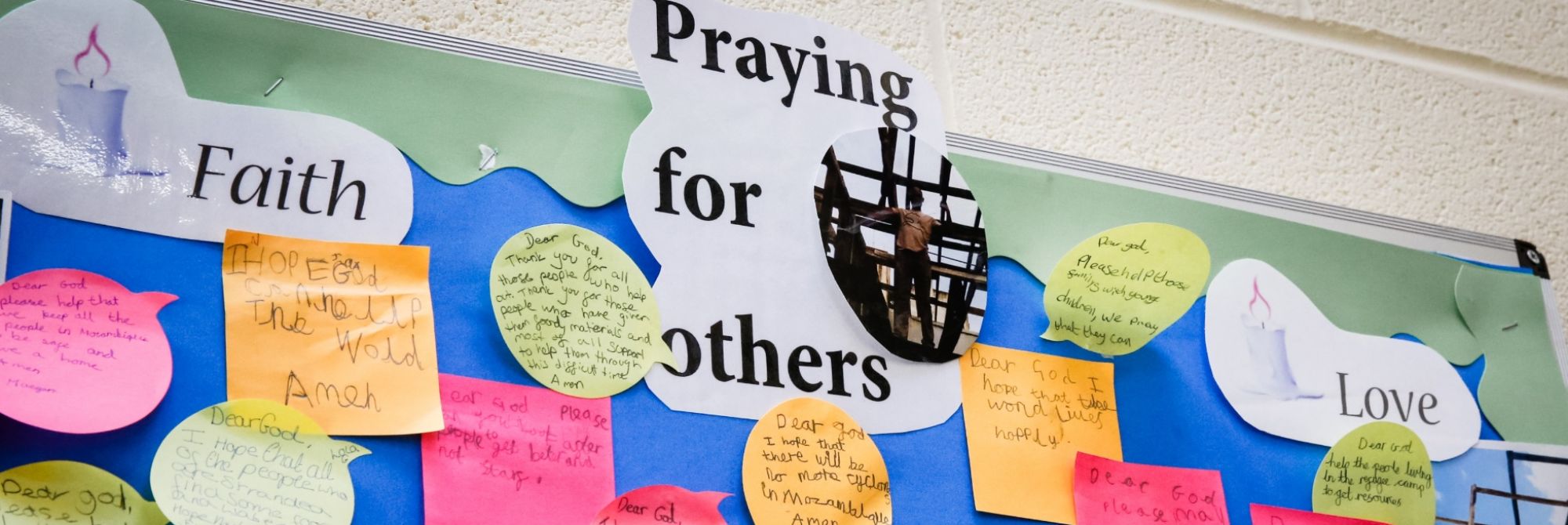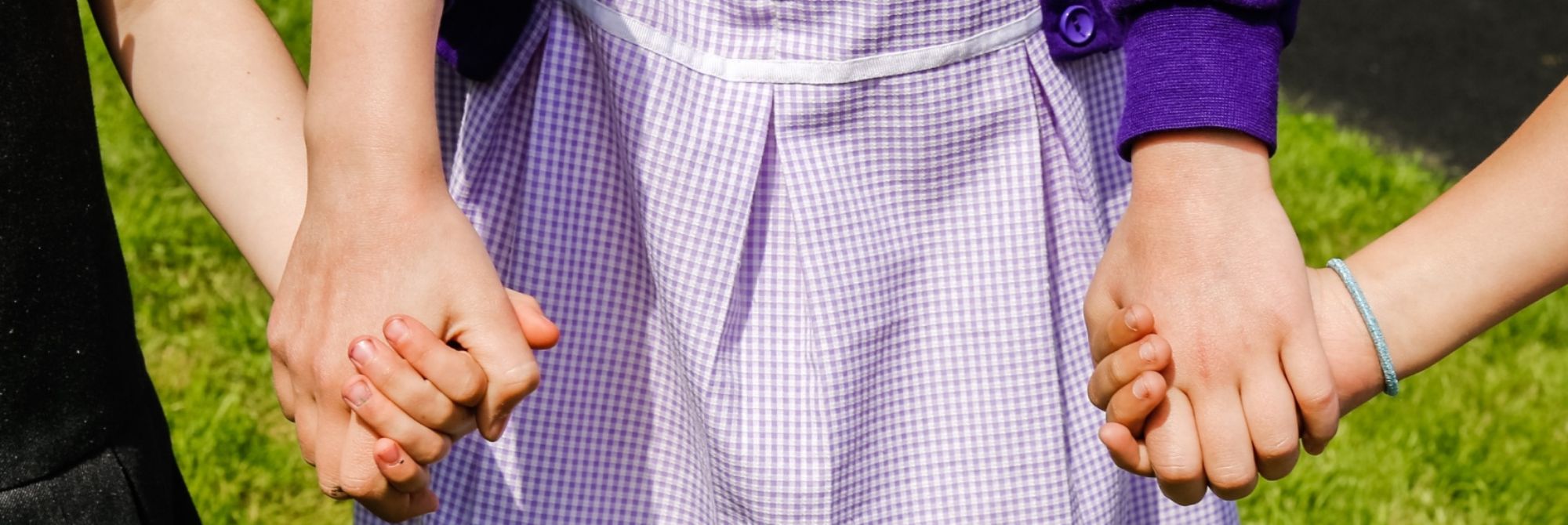History
History at Purley Primary School
Intent
At Purley Primary School, our History curriculum inspires curiosity about the past, developing pupils’ knowledge of local, national and global history. We encourage children to think critically, analyse evidence and develop a creative, enquiring approach to learning.
Pupils gain an understanding of significant events, individuals, societies and diversity over time, recognising change, continuity and the complexity of human experience. They learn from the past and develop awareness of chronology, making connections across periods and societies. Pupils are introduced to key substantive concepts such as power, invasion, settlement, migration, empire, civilisation, religion, trade, achievements, society and culture, forming the foundation for historical thinking.
Implementation
Our History curriculum is structured around five interwoven strands:
-
Topic knowledge
-
Chronological awareness
-
Substantive concepts
-
Historical enquiry
-
Disciplinary concepts
In EYFS, pupils explore personal histories and compare characters from stories to develop an understanding of past and present. In Key Stage 1, pupils build a ‘mental timeline’ to locate events and people chronologically, supporting learning in Key Stage 2.
Units in Key Stages 1 and 2 are enquiry-based, guided by questions and the enquiry cycle: Question, Investigate, Interpret, Evaluate and Conclude, Communicate. Pupils develop disciplinary concepts including:
-
Change and continuity
-
Cause and consequence
-
Similarities and differences
-
Historical significance
-
Historical interpretations
-
Sources of evidence
Substantive concepts introduced in Key Stage 1 (e.g., power, trade, invasion) are revisited and expanded through Upper Key Stage 2, allowing pupils to understand abstract themes in context. Pupils progressively conduct their own historical enquiries, applying skills to analyse evidence and make informed judgements.
Impact
Pupils leave Purley as confident, enquiring historians, equipped to succeed in secondary education. They:
-
Know and understand British history and its influence on, and by, the wider world.
-
Develop knowledge of global history, including ancient civilisations, empires, non-European societies and human achievements.
-
Build understanding of substantive concepts such as power, migration, civilisation, religion, trade, and society.
-
Construct historical arguments considering cause, consequence, continuity, change, similarity and difference.
-
Appreciate significant individuals, inventions and events past and present.
-
Understand how historians investigate the past and construct accounts.
-
Ask historically-valid questions and use evidence to create structured explanations.
-
Make connections across historical timescales and concepts.
Pupils meet the relevant Early Learning Goals at the end of EYFS and the expectations of the National Curriculum for History at Key Stages 1 and 2, developing a strong foundation for lifelong historical understanding.




